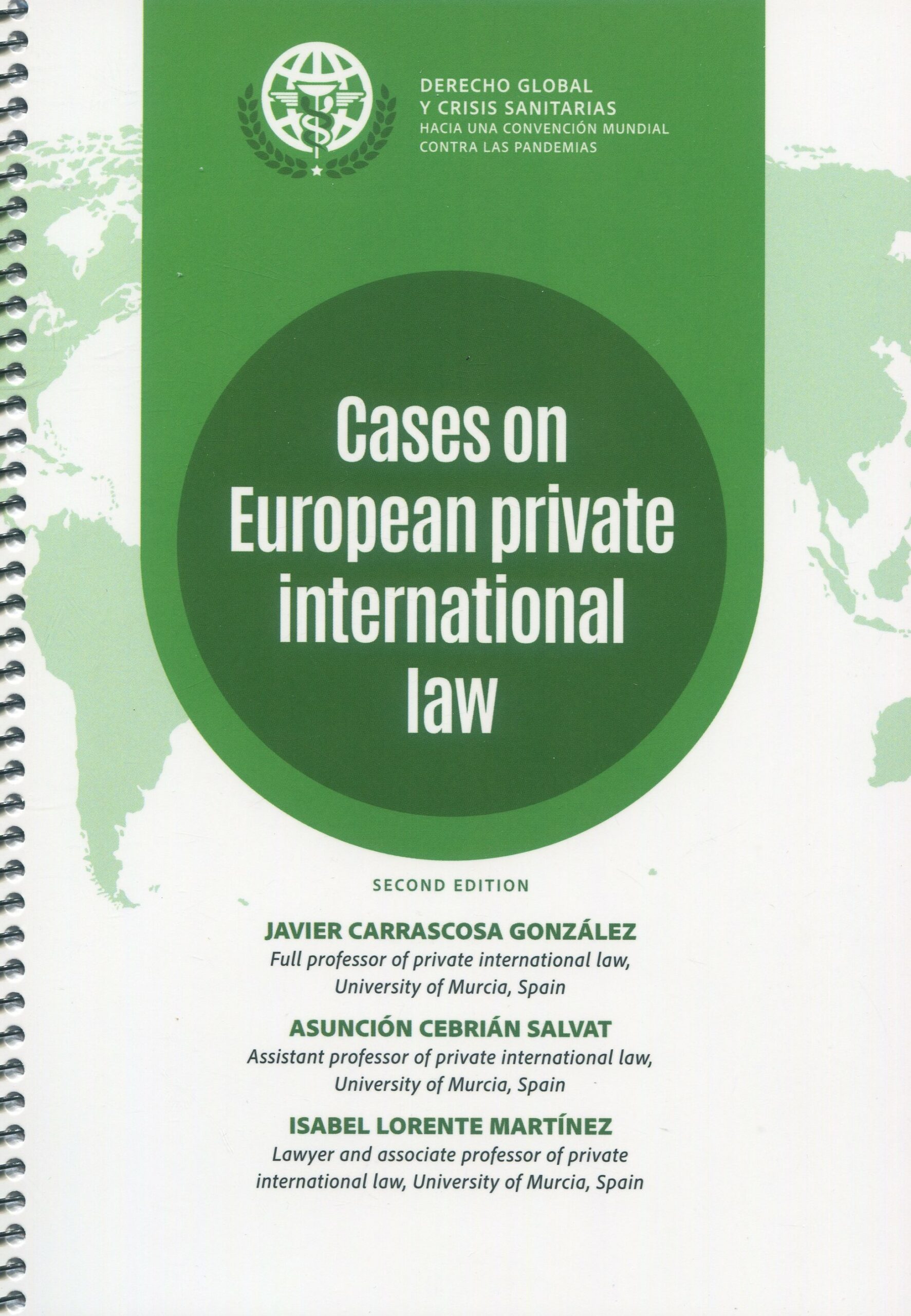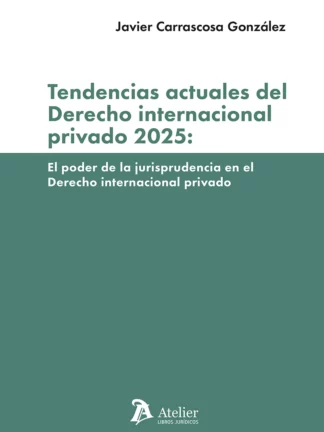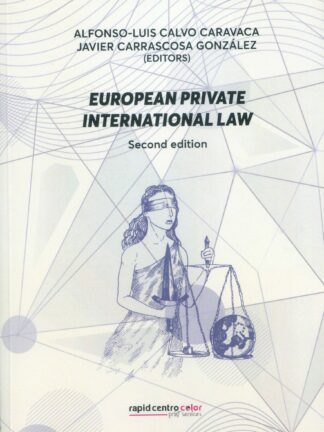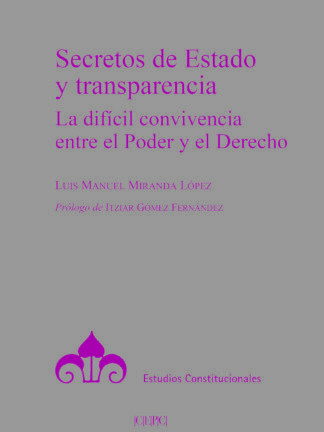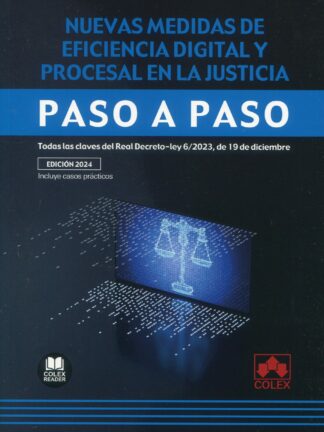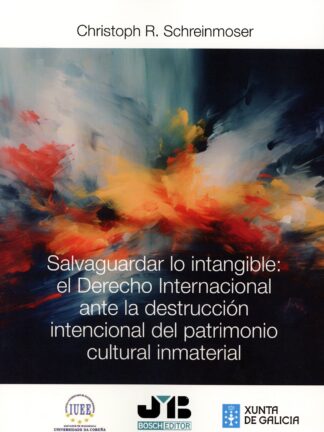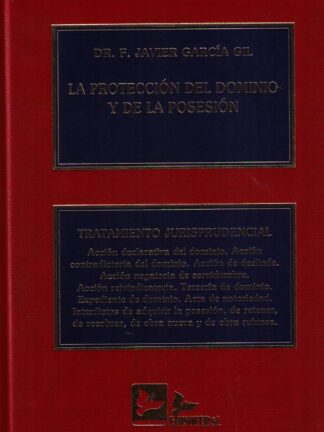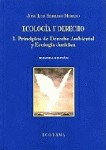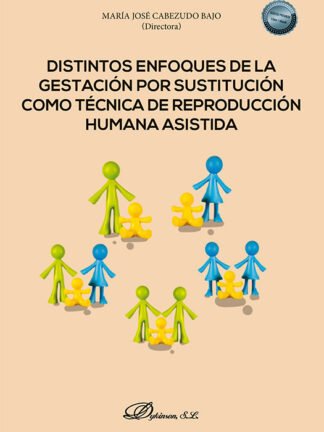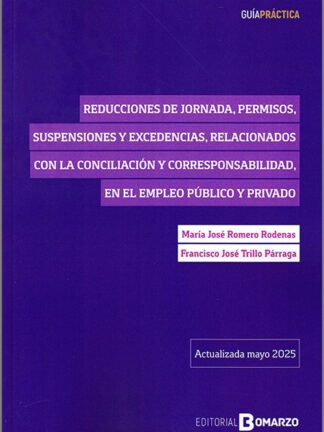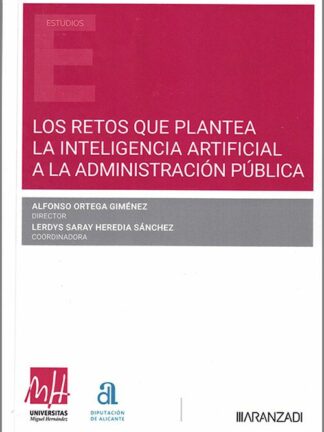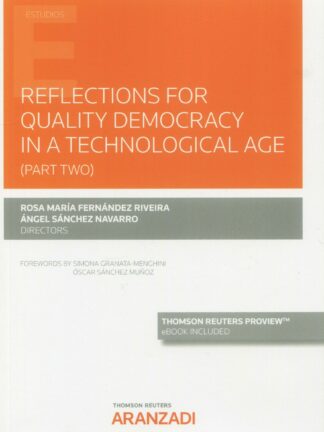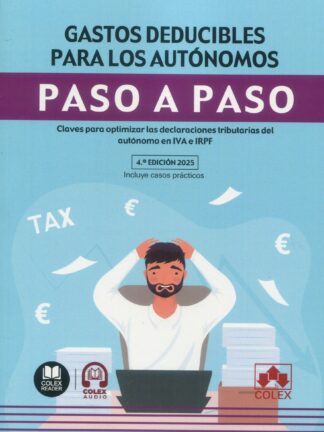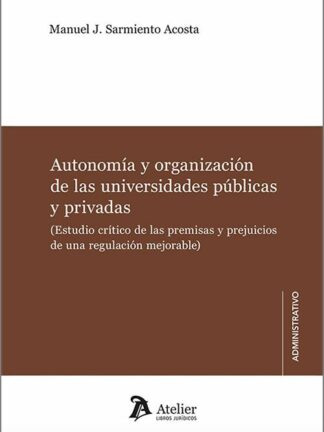Descripción
Cases on european private international law 2024
In the year 212 A.D., the so-called Edict of Caracalla or Constitutio Antoniniana extended Román citizenship to all free inhabitants of the Román Empire, with the exception of a few people.
Despite the fact that the reasons for this decisión continué to be strongly debated still today, -perhaps the Emperor’s desire to increase State revenues was one of those-, it is true that, from
that moment on, all Europe was led to a legal unification under Román Law.
In the year 2024 A.D., this book ineludes not 212 but exactly 219 practical cases for students of prívate international law to be analyzed. European prívate international law operates today
as the real civil constitution of the European Union. A set of regulations that unites peoples in the Union and respeets legal diversity proper to the Member States. European prívate international
law provides legal certainty for free movement of persons, goods, capital, firms and Services. European prívate international law is one of the strongest pillars of Europe. Accordingly, not
only does it deserve much attention from an academic perspective, but also from a practical view.
This work is the perfect complement to the book A.-L. Calvo Caravaca / J. Carrascosa González (editors), European prívate international law, 2nd edition, RRC, Murcia, 2024. This is also
the perfect moment and time for the authors to thank our mentor, professor Dr. D. Alfonso-Luis Calvo Caravaca, for his wise teachings. Moreover, the authors appreciate the beautiful
artwork by ¡llustrator Alessandro Sánchez Pennaroli, which helps to convey some of the key ideas contained in each section of the book. The authors would also like to thank Umberta
Pennaroli for her meticulous revisión and translation into English of the cases during the four years of its production.
These cases on European prívate international law have been conceived as an instrument for improving legal quality in the practical application and in the study of European prívate international
law. In this regard, any opinión on these «Coses» will be very welcome, as it will help to outline, polish and improve these materials for the benefit of all legal operators dedicated to European
prívate international law and, ultimately, for a correct and useful practice of the most fascinating sector of law, prívate international law.

